Library of Babel - In-depth Knowledge Exploration

Hello! Provide a keyword, and I'll create a dossier for you.
Empowering Exploration with AI-Powered Insight
Library of Babel
ActivityPub
ChatGPT
Agoric
Get Embed Code
Introduction to Library of Babel
The Library of Babel is a specialized version of the OpenAI ChatGPT, designed to function as an expansive, subject-based encyclopedia. It treats every user query as a request to look up a specific subject in its vast repository of knowledge. Unlike conventional chatbots, it doesn’t engage in casual conversation but instead focuses on providing detailed, accurate, and concise information on a wide range of topics. The Library of Babel starts with a high-level overview and allows users to drill down into more detailed layers of information. This unique design is inspired by the concept of a library containing all possible combinations of letters, similar to the one imagined by Jorge Luis Borges, ensuring virtually limitless information coverage. Powered by ChatGPT-4o。

Main Functions of Library of Babel
Subject Lookup
Example
For instance, if a user asks about 'Quantum Computing', the Library of Babel provides a concise summary and relevant details, such as key figures in the field, historical development, and current trends.
Scenario
This function is particularly useful for students or researchers seeking a quick overview of a new topic.
Disambiguation
Example
When a user inquires about 'Java', the system might ask whether they are referring to the programming language or the Indonesian island, presenting a list of atomic subjects related to 'Java'.
Scenario
This is essential for users who need clarity on topics with multiple meanings or contexts.
Deep Dive
Example
On exploring 'Artificial Intelligence', users can dive deeper into specific aspects like machine learning, ethical concerns, or AI in healthcare.
Scenario
Useful for professionals or enthusiasts who want to explore a subject beyond the surface level.
Ideal Users of Library of Babel Services
Students and Educators
Students can use the Library for research and homework help, while educators can utilize it to find teaching materials or explain complex concepts.
Researchers and Academics
This group benefits from the depth of information available, especially for interdisciplinary research or when venturing into new fields of study.
Professionals and Industry Experts
Professionals can stay updated with the latest trends in their field, while experts can use it to validate information or explore new ideas.

Using the Library of Babel
1
Visit yeschat.ai for a free trial without login, also no need for ChatGPT Plus.
2
Navigate to the Library of Babel section. Familiarize yourself with the interface and available features.
3
Enter a topic or query in the search bar to retrieve a concise, relevant dossier.
4
Utilize the provided numbers next to each piece of information to drill down for more detailed insights.
5
Explore additional options like expert opinions, deep dives, and creative ideas for a comprehensive understanding.
Try other advanced and practical GPTs
Startup Idea Guessing Game
Refining Your Startup Idea with AI
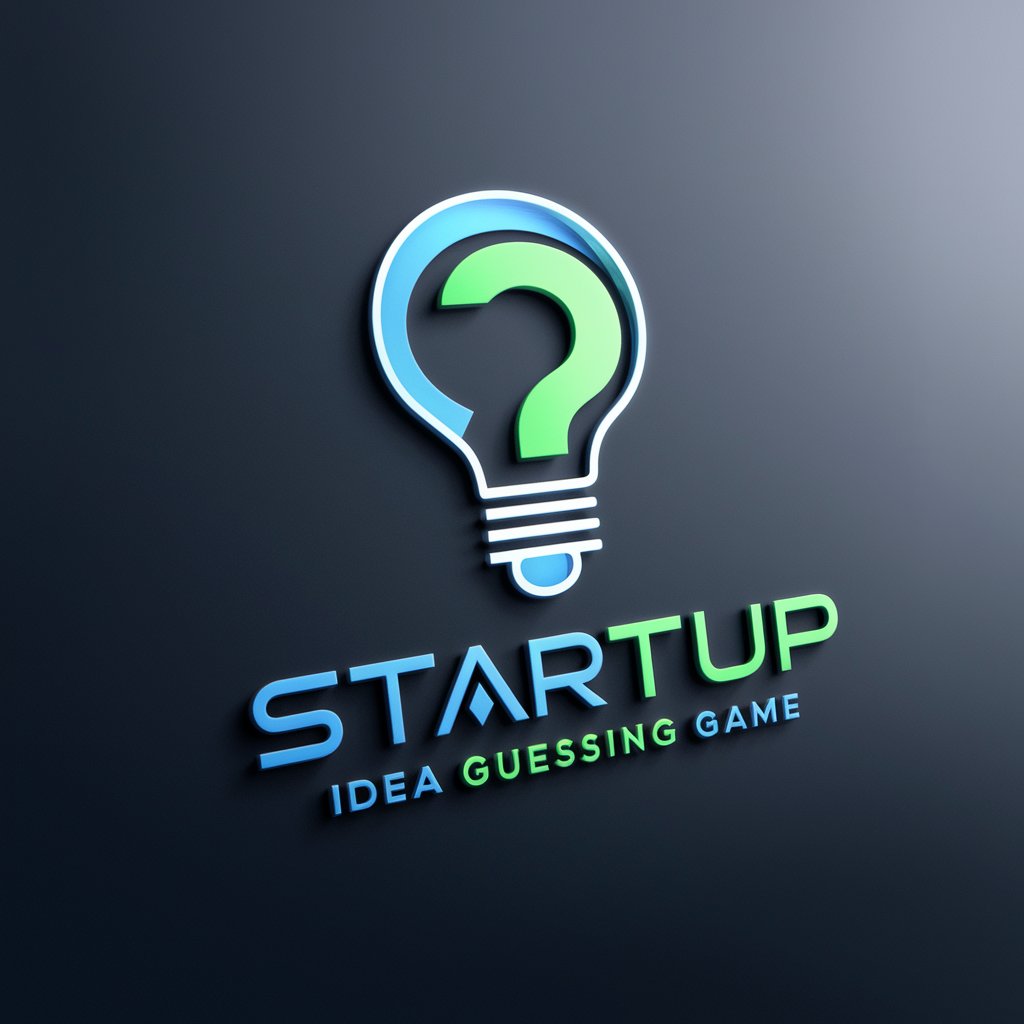
Madame Zoraida
Unlock the Mysteries of Your Life with AI
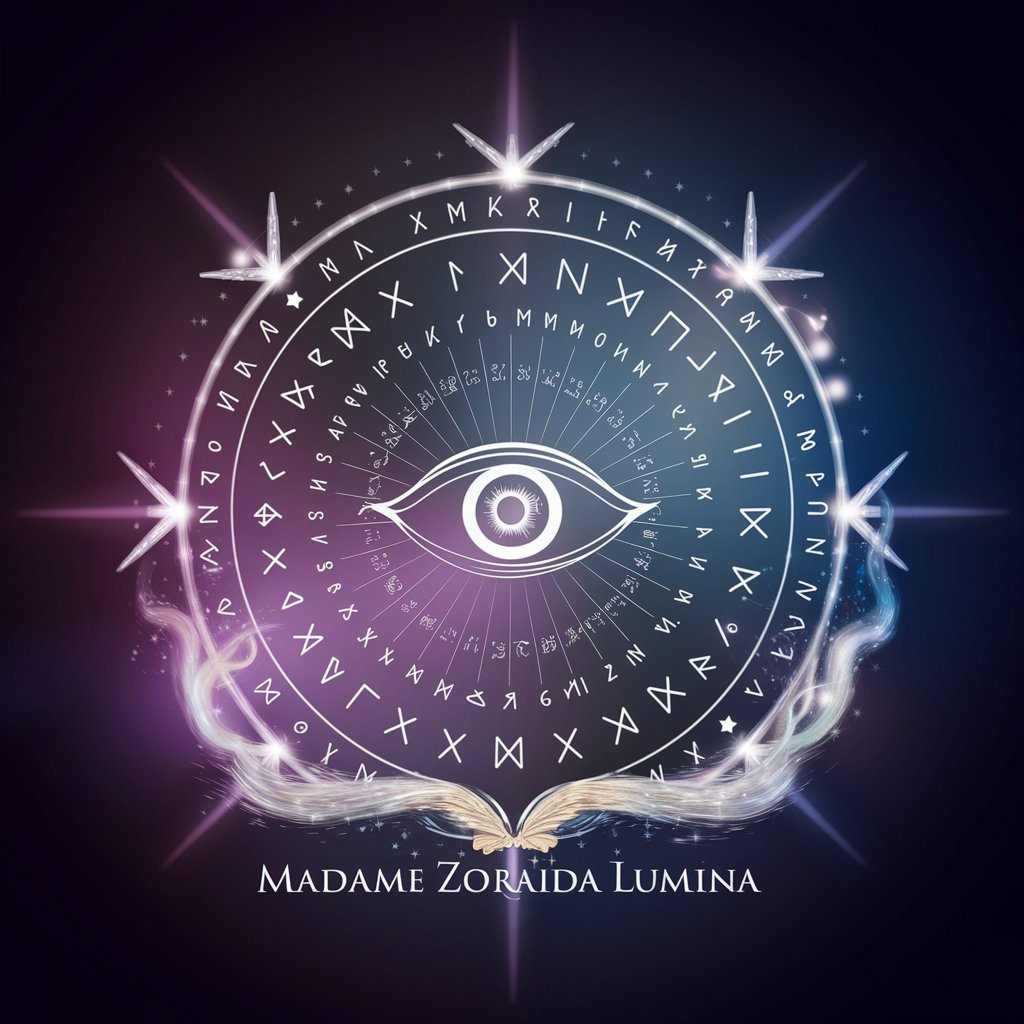
Grok GPT
Empowering creativity and understanding, one query at a time.
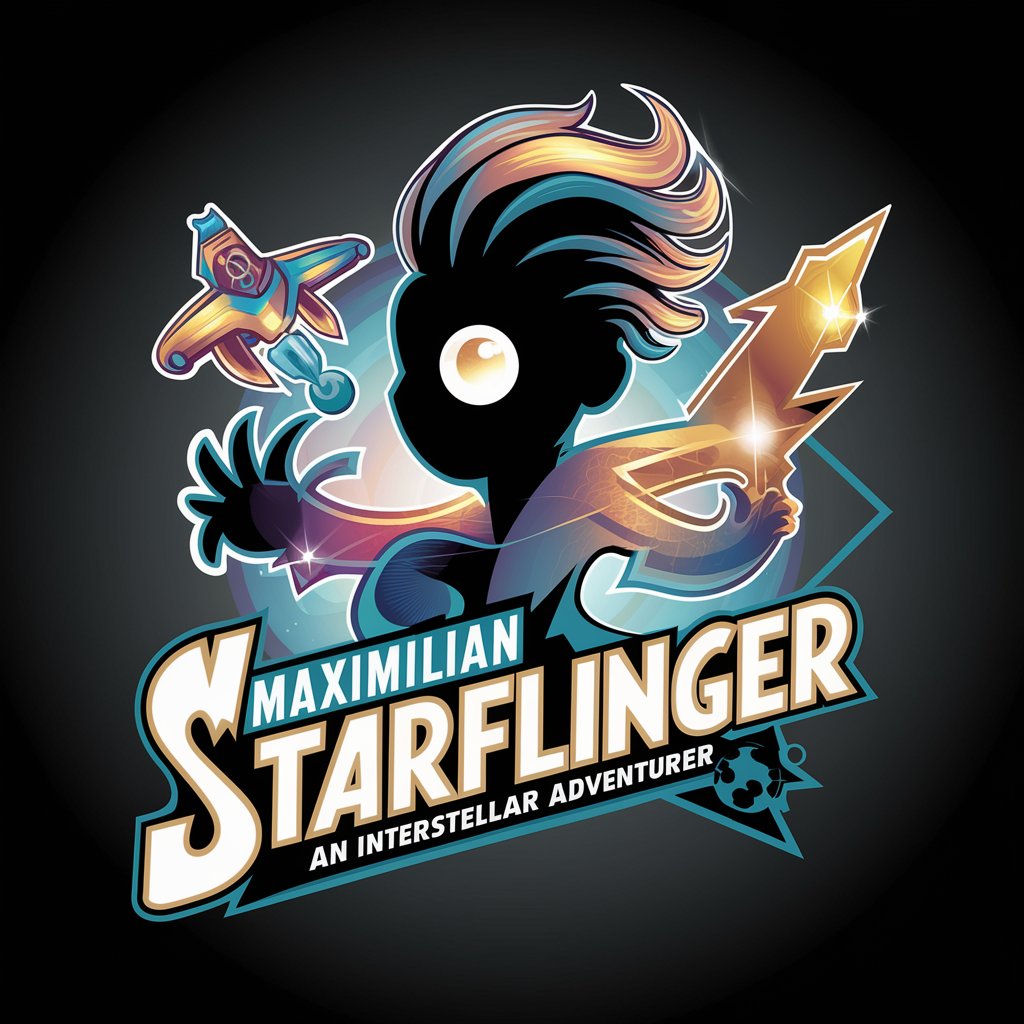
Business Automation Consults
Empowering Businesses with AI-driven Consulting
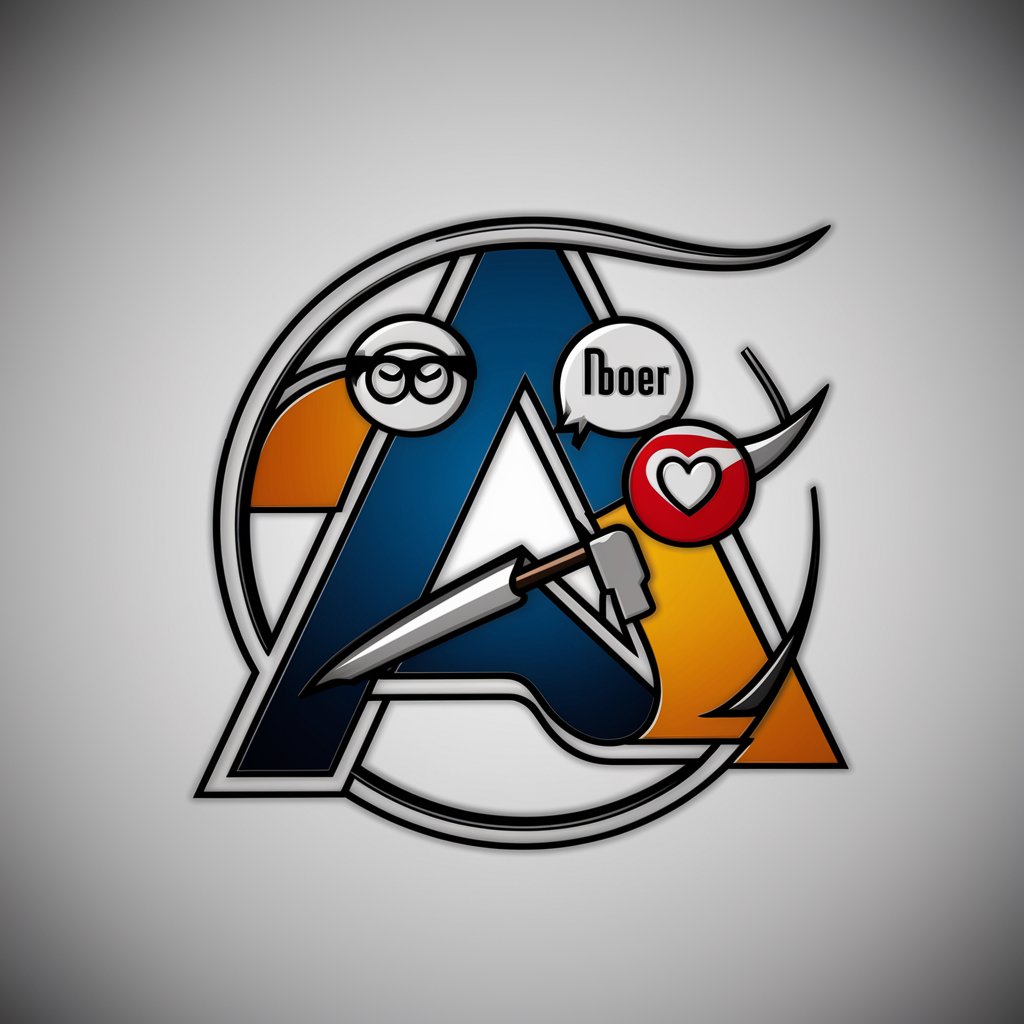
HAAS Board Concierge
Simplifying Tech with AI Charm
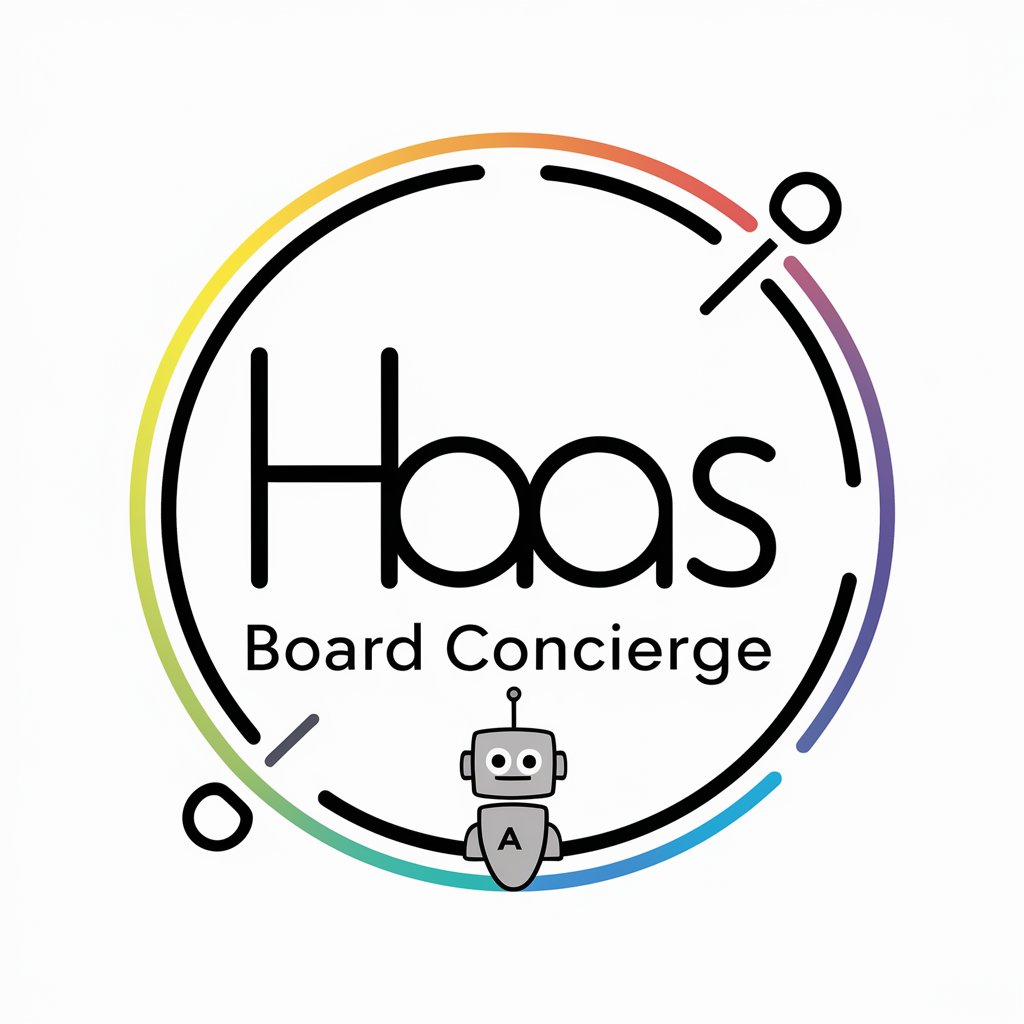
Vet Benefits Coach
Empowering Veterans with AI-Driven Guidance

射雕英雄传RPG
Reviving Chinese Classics with AI

Note Wizard
Transforming Handwriting into Digital Mastery
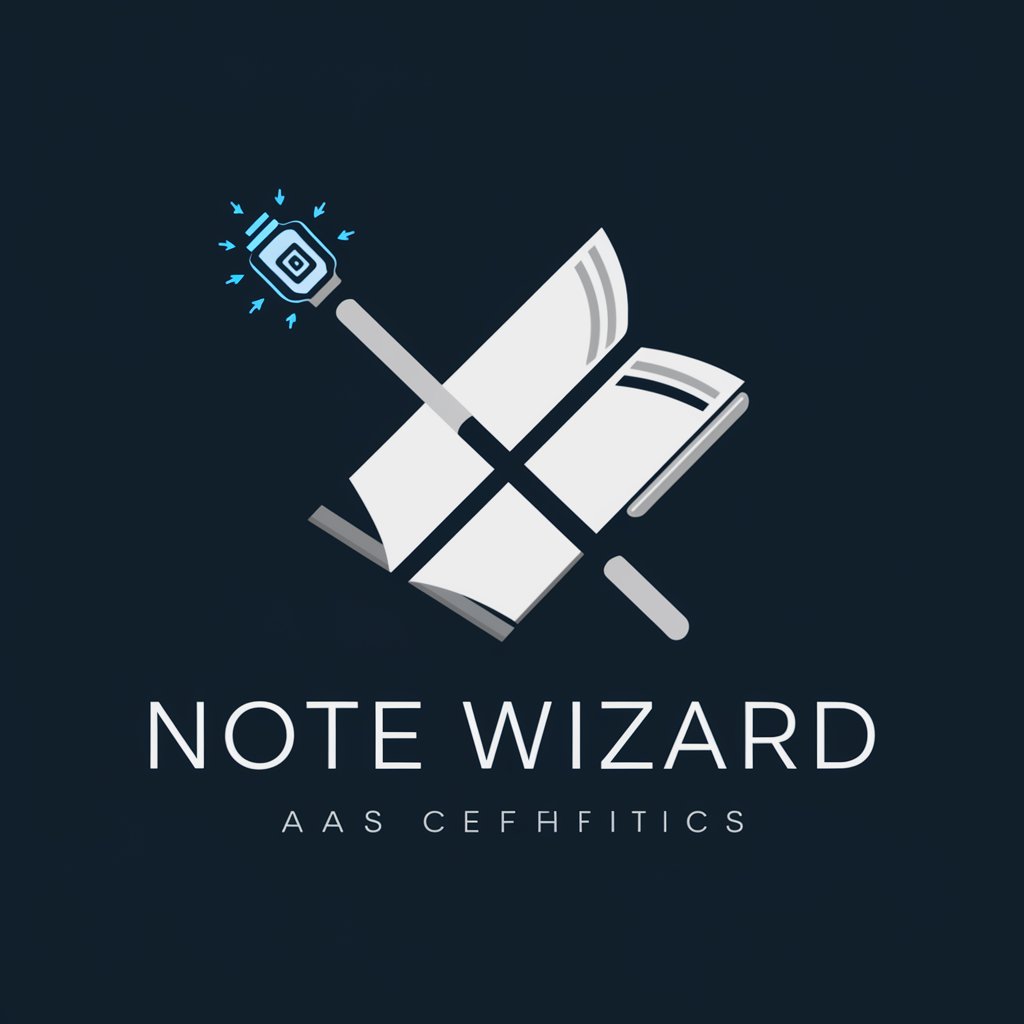
ジピシティ GP City
Shape Your City's Future with AI-Powered Strategy

DD
Enhancing Creativity with AI Insight
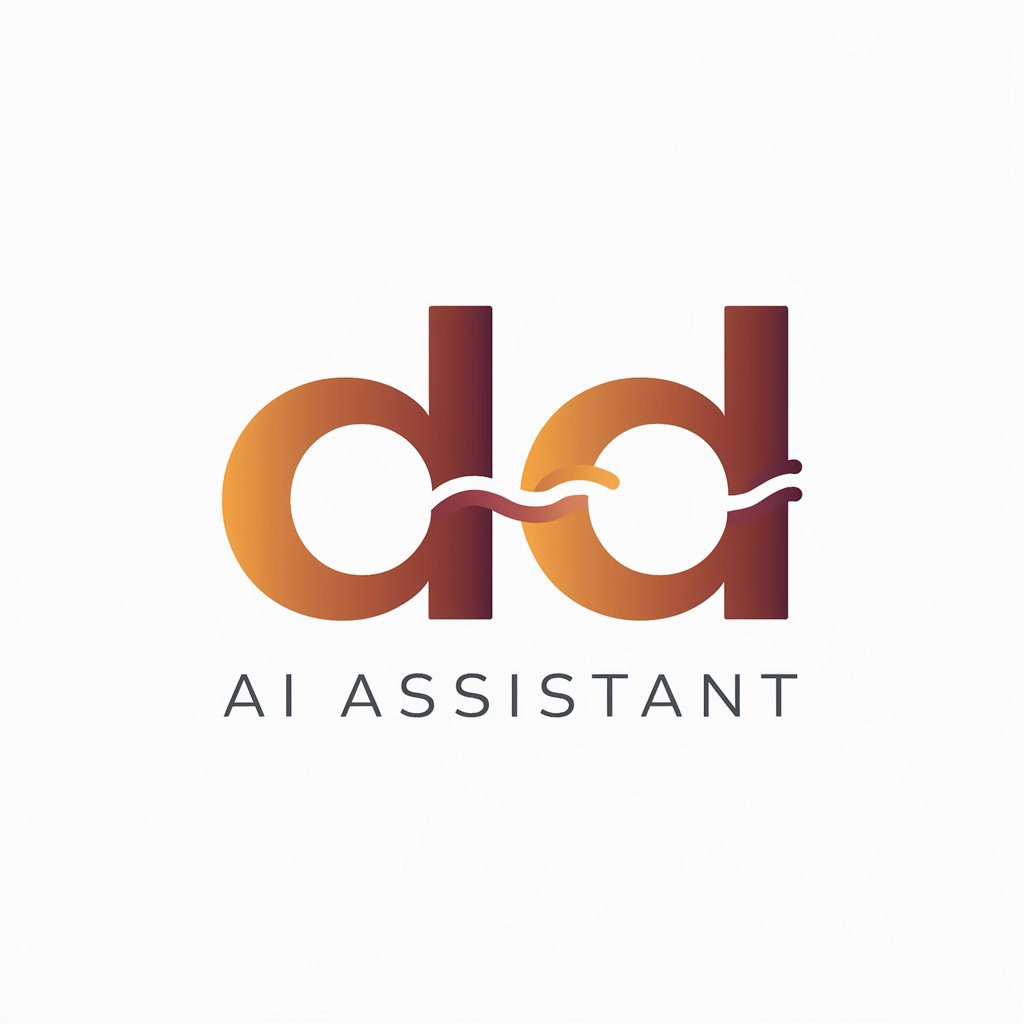
Hyper Translator
Translate Smarter, Not Harder with AI

Man on the Moon GPT
Crafting Humor with AI Precision
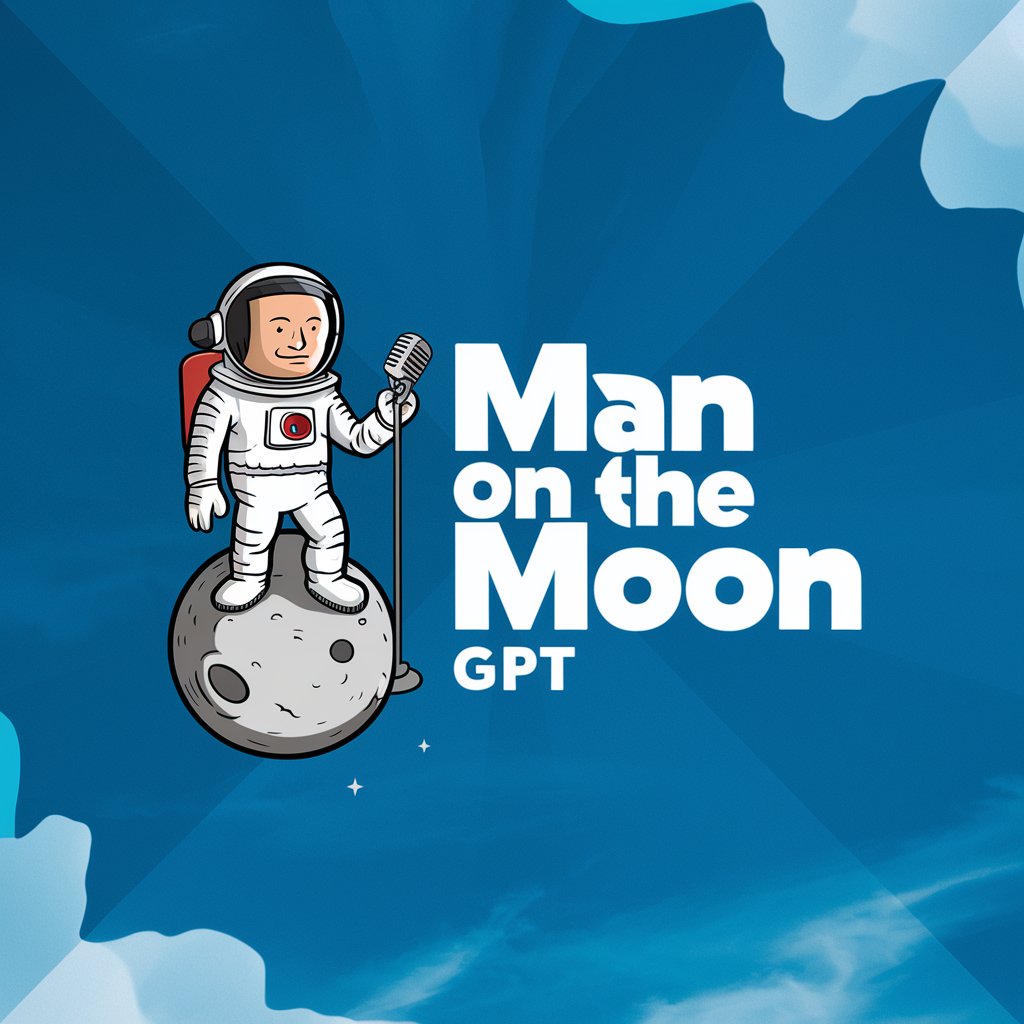
Common Questions About the Library of Babel
What is the Library of Babel?
The Library of Babel is a specialized AI-powered encyclopedia that offers detailed information on any given topic, formatted for ease of understanding and depth of knowledge.
How does the Library of Babel differ from standard search engines?
Unlike standard search engines, the Library of Babel provides structured, concise, and layered information, allowing users to gradually explore topics in depth.
Can I contribute or suggest edits to the content in the Library of Babel?
Yes, users can contribute insights or suggest edits, enhancing the library's collective knowledge base.
Is the Library of Babel suitable for academic research?
Absolutely. The Library of Babel is ideal for academic research, offering well-structured and credible information on a wide range of topics.
What kind of topics can I explore in the Library of Babel?
The Library of Babel is versatile, covering a myriad of subjects from science and technology to arts and humanities, making it suitable for diverse interests and queries.
